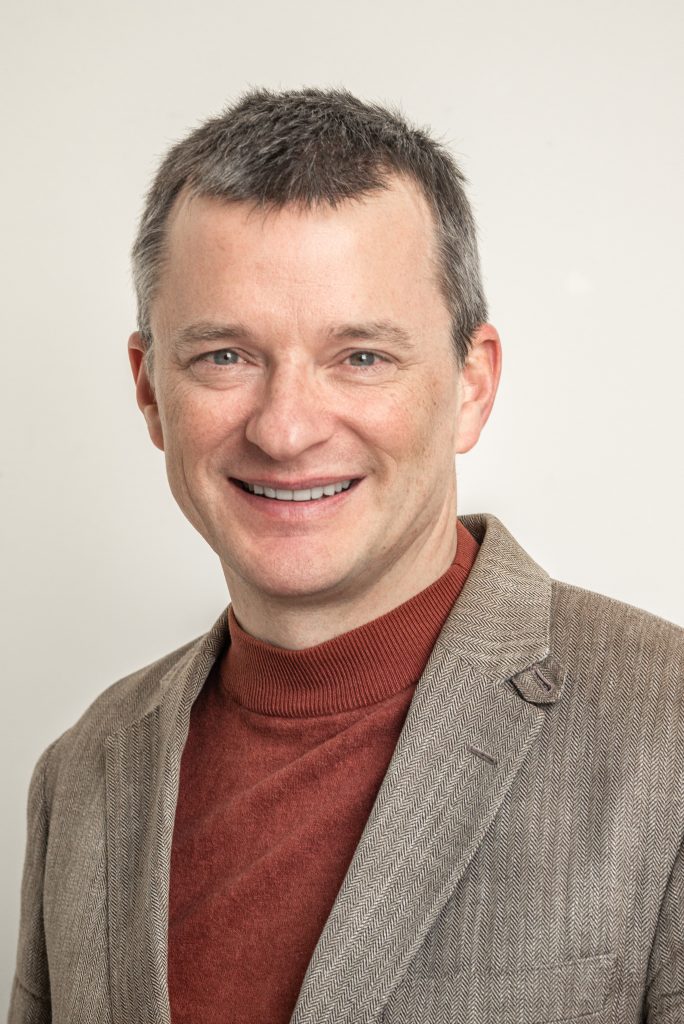Aucun résultat

We have developed a multidisciplinary research program that incorporates molecular genetics, stem cell biology, developmental biology, and synthetic biology to investigate the molecular and cellular mechanisms involved in the development of muscle stem cells during both normal and pathological conditions.
Skeletal muscles are crucial for movement, and their proper functioning is essential for maintaining health and quality of life. However, aging, injury, and diseases such as muscular dystrophy can impair muscle function, leading to reduced mobility, decreased independence, and lower quality of life. To combat these issues, our lab is dedicated to researching the fundamental biology of muscle stem and progenitor cells, which play critical roles in muscle regeneration and development.
Our research involves studying the molecular pathways that regulate muscle stem cell activity, identifying key molecules and signaling pathways that influence muscle regeneration and development. We use a combination of cutting-edge techniques, including genetics, advanced imaging, and molecular and cellular biology approaches. By investigating fundamental mechanisms regulating the activity of muscle stem cells, we reveal novel pharmacologically targetable pathways. Our goal is to develop innovative, stem cell based treatments to improve muscle function and quality of life for individuals affected by muscle disease and injury. The major research themes of our laboratory are as follows:
Sénéchal C, Fujita R, Jamet S, Maiga A, Dort J, Orfi Z, Dumont NA, Bouvier M, Crist C. Cell Reports. 2022 Nov 15;41(7):111645. doi: 10.1016/j.celrep.2022.111645. PMID: 36384129.
Fujita R, Jamet S, Lean G, Cheng HCM, Hébert S, Kleinman CL, Crist C. Development. 2021 Jan 20;148(2):dev194480. doi: 10.1242/dev.194480. PMID: 33318147.
Fujita R, Zismanov V, Jacob JM, Jamet S, Asiev K, Crist C. 2017 Sep 7;7(1):18. doi: 10.1186/s13395-017-0136-8. PMID: 28882193; PMCID: PMC5588675.
Zismanov V, Chichkov V, Colangelo V, Jamet S, Wang S, Syme A, Koromilas AE, Crist C. Cell Stem Cell. 2016 Jan 7;18(1):79-90. doi: 10.1016/j.stem.2015.09.020. Epub 2015 Nov 5. PMID: 26549106.